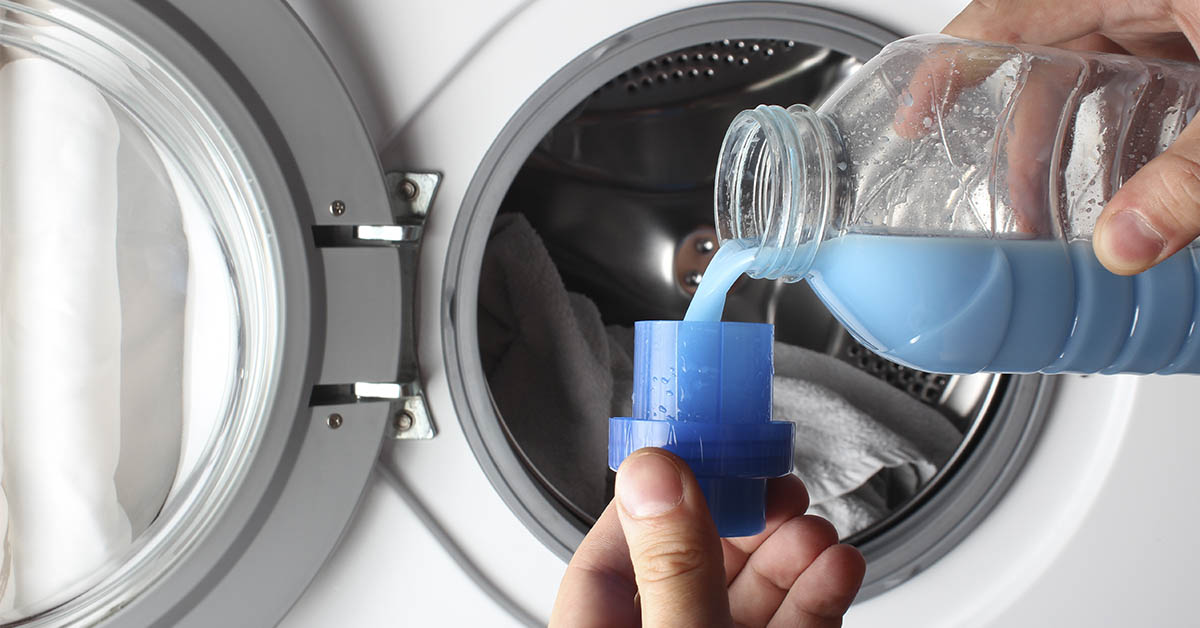Do you use fabric softener to get your towels, sheets, and other laundry items soft and cozy? Well, according to this laundry expert, you shouldn’t! Beyond additional chemicals (not to mention plastic bottle waste), they can also cause mildew build-up in your washing machine. Here’s what experts say you should do instead to have fresh, soft, clean laundry that smells great and is good for your health.
Why You Should Stop Using Fabric Softener
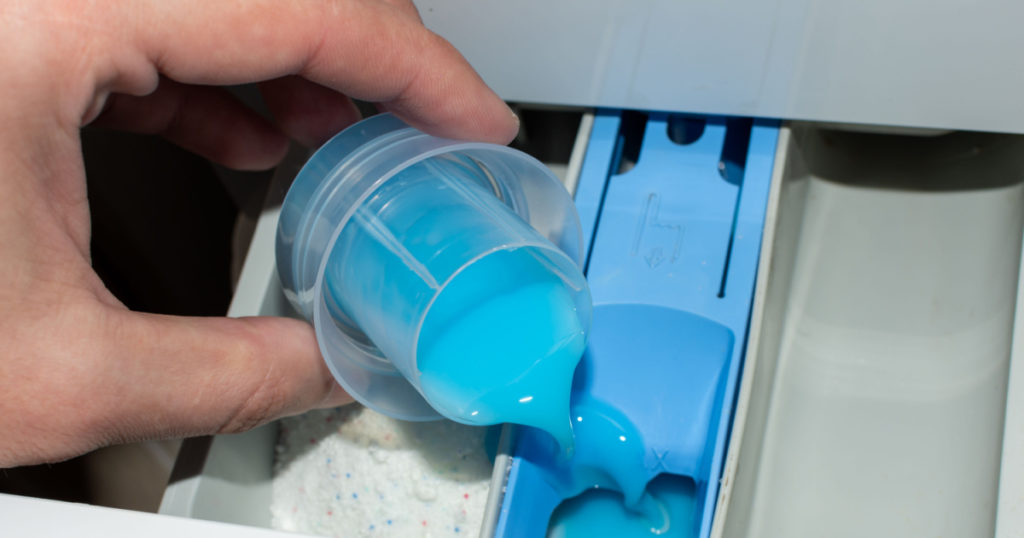
Fabric softener is often a staple in most people’s laundry routine. After all, who wants crunchy towels and stiff sheets? Unfortunately, experts are saying that it is a part of our laundry process that we should be leaving behind. There are a number of reasons for this. First of all, they are often full of chemicals that are not good for your health or that of the environment. These include quats (quaternary ammonium compounds), phthalates, fragrance, preservatives, and colorants. These can be at best irritating to the skin and at worst cause more severe health problems and environmental damage. (1)
Read More: After class mates are bullied for dirty clothes, teen creates laundry room at school
Second, it is just an extra plastic bottle going to landfill after it’s empty
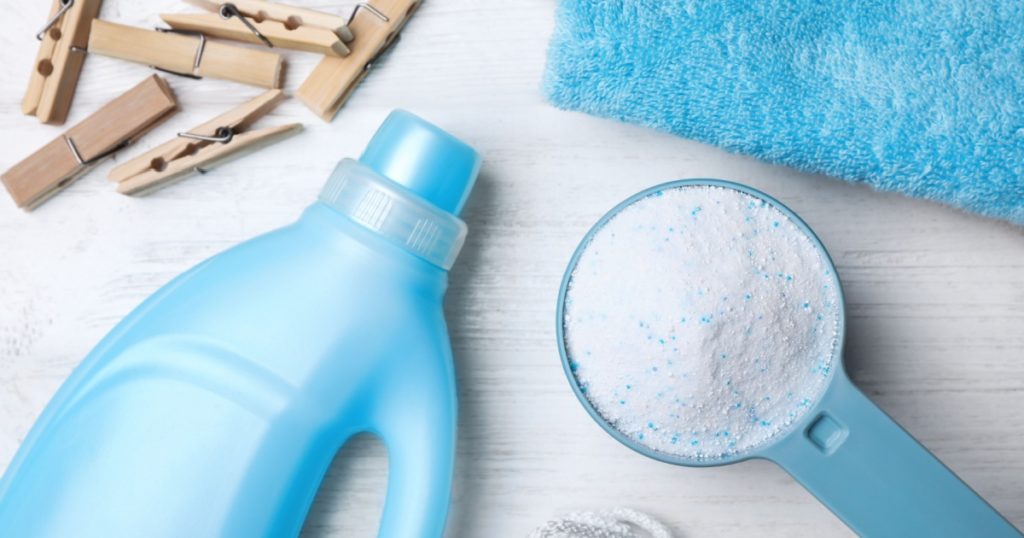
Fabric softener bottles are single-use bottles. They aren’t actually recyclable and end up in landfills. Like all plastic bottles, they take a very long time to break down, and when they do, they leach plastic chemicals into our water and soils. Third, fabric softener can actually reduce the absorption of your towels and moisture wicking capacity of your athletic gear, and cause mildew build-up in your washing machine. This mildew is not good for your health, either, and will make your clothes smell bad even though you already washed them. (2)
What To Do Instead
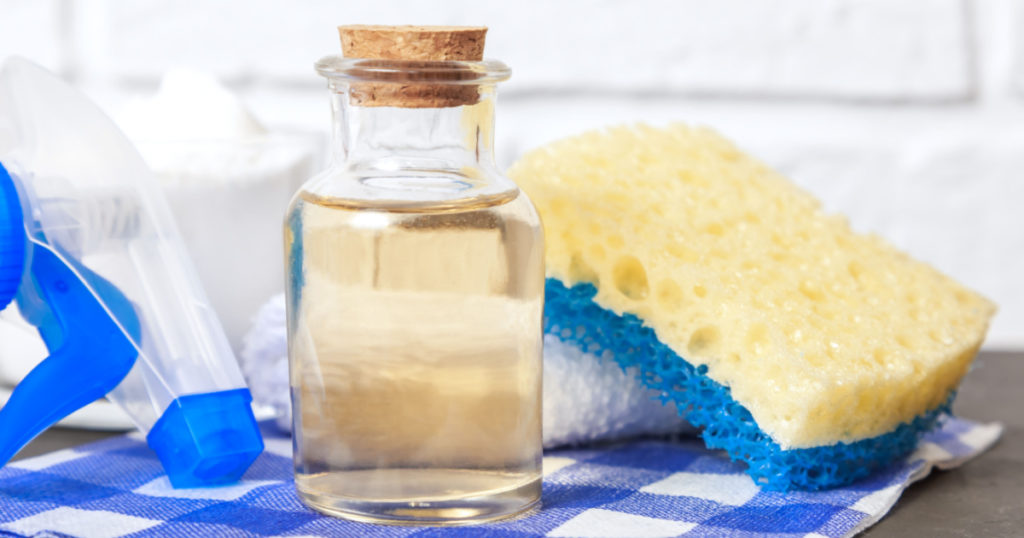
Naturally, we want to have soft clothes, sheets, and towels. We want them to smell nice and we don’t want them to be full of static or give us an electric shock when we try to pick them up. Thankfully, there are alternatives to using fabric softener that work just as well and don’t have the same list of cons.
Before we get into what to use, there are a few alternatives out there that many experts also do not recommend. Some will say switch to dryer sheets, but those also contain chemicals and can cause mildew build-up in your dryer. Others will say to use white vinegar. While this is natural and won’t make your clothes smell like vinegar, this can actually cause damage to certain parts of your washing machine. It can put your machine, especially front-loaders, at greater risk of leaking.
Fabric Softener Alternatives
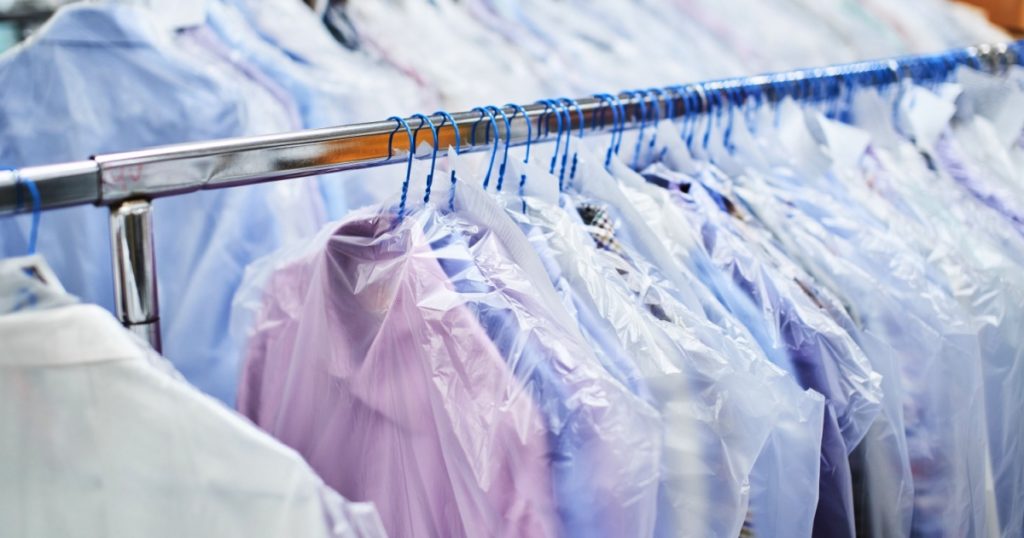
Air-drying your clothes is definitely the cheapest, most environmentally friendly way to dry your clothes and have them smell like, well, fresh air. This will also avoid static. Of course, this is not always feasible, especially if you need something ready quickly. If you use fabric softener for the scent, skip it and simply buy a detergent that has a scent you like. Be sure to buy natural detergents that are not also full of cell-damaging chemicals. Also washing your clothes (especially your sweaty, smelly athletic wear), will help get rid of odors more effectively. (3)
Read More: Why Your Clean Laundry May Not Be Smelling As Good As It Should Be
To avoid mold in your washing machine
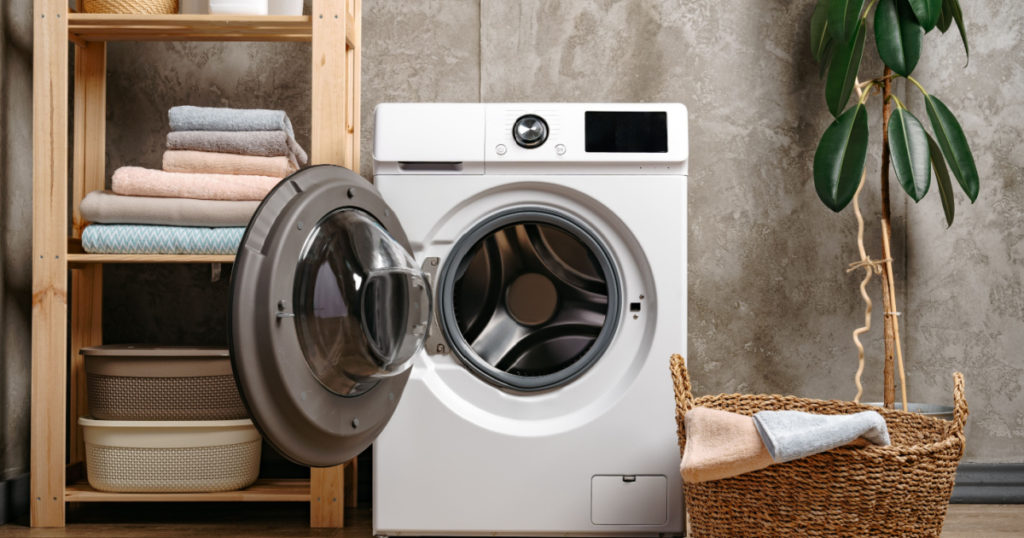
Always keep the door open a bit to let air circulate through. Closing it, especially immediately after using it, keeps any leftover moisture locked inside. Keeping your dryer open a crack is also a good idea. Do your best to not allow wet clothes to sit in the washer for long periods of time. This will also cause them to get smellier instead of smelling fresh and clean.
If you find your clothes and linens are coming out stiff and hard
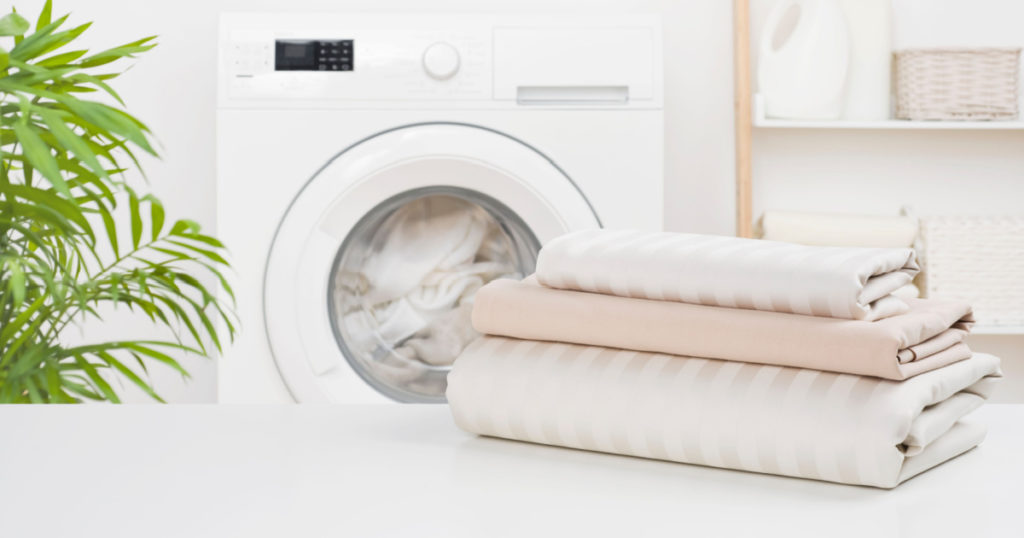
Chances are your water is hard. Invest in a water softening system that will remove minerals like calcium from your water and you’ll be surprised how much softer your clothing is after washing. Wool dryer balls can also help to soften up your laundry. Over time these will become hard and scratchy, so keep tabs on them and replace them when needed. They should last for one to two years.
Finally, the static problem
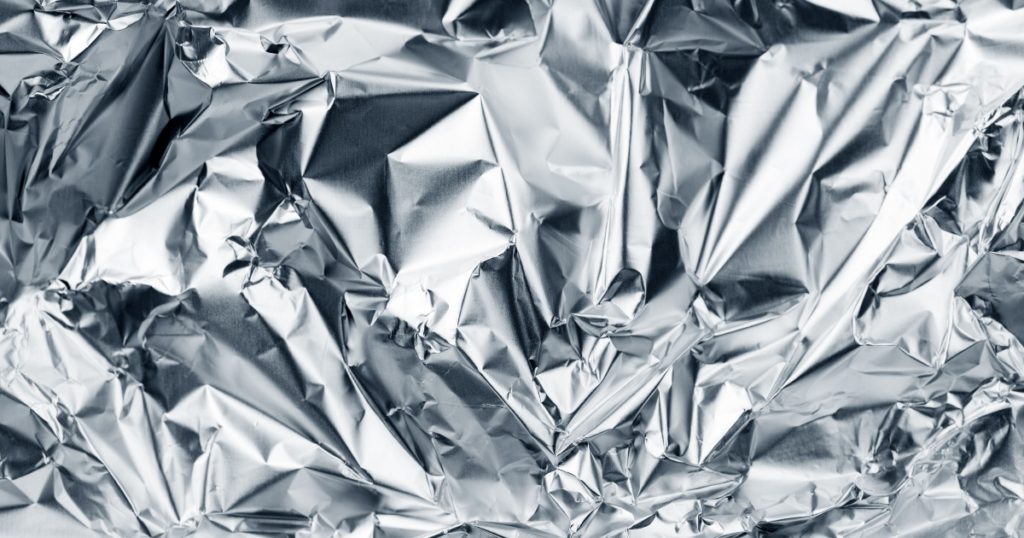
If air-drying your wash isn’t an option, try this trick instead. Take a sheet of aluminum foil, about three or four feet in length. Roll it up into a compact ball, making sure that it is pretty smooth with no sharp edges. Edges could catch on and ruin clothes. Toss that ball into the dryer with your wash. The aluminum ions will supposedly neutralize those that are causing the electrical buildup that shocks when you’re trying to fold your clothes afterward.
Read More: Vinegar Is the Secret to Soft Towels, Whiter Whites, and More Laundry Solutions
Sources
- “Why Fabric Softener Is Bad for Your Laundry—and What to Use Instead.” Consumer Reports. Angela Lashbrook. August 10, 2022
- “Skip the most toxic fabric softeners.” EWG. Samara Geller. August 16, 2022.
- “Why You Should Stop Using Fabric Softeners & Dryer Sheets.” My Green Closet. Verina Erin.
